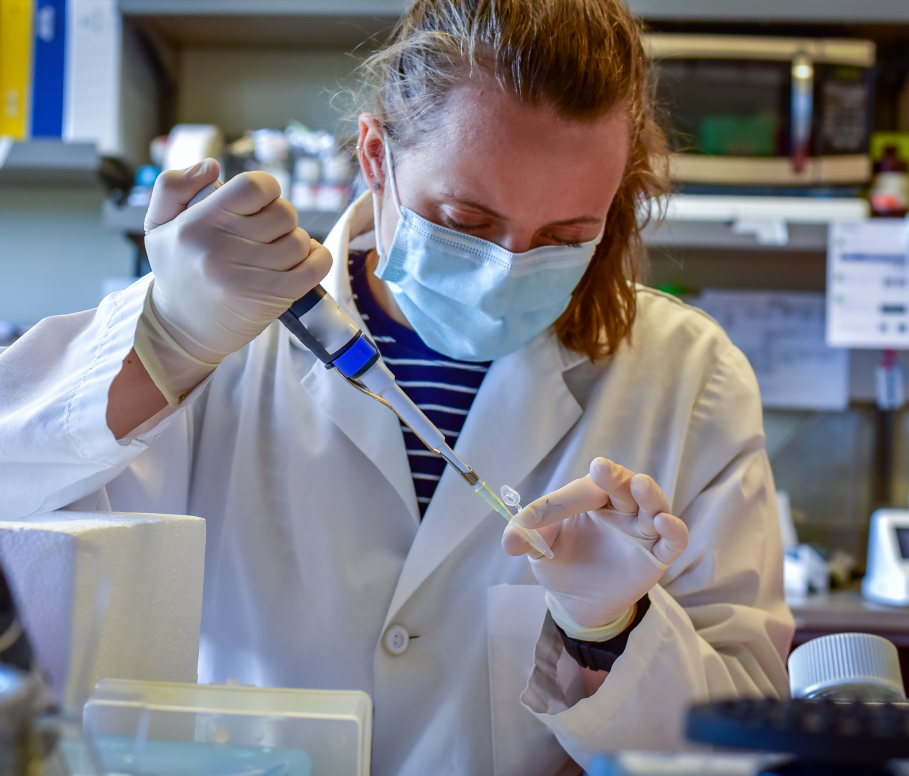This case study is based on information provided by the National Inventors Hall of Fame found here.
Who: Katalin Karikó, PhD, Professor of Neurosurgery, and Drew Weissman, MD, PhD, Professor in Vaccine Research, at the University of Pennsylvania and inductees into the National Inventors Hall of Fame.
Challenge: Infectious diseases, including emerging pathogens and seasonal viruses, pose a significant global health threat. Traditional vaccine development and distribution methods often require extensive time and resources, requiring the use of live or inactivated viruses or bacteria into the body.
Opportunity: Messenger RNA (mRNA) technology has helped streamline and accelerate the response to emerging infectious diseases by triggering an immune response without having to use a live or inactivated virus. In 1997, Drs. Karikó and Weissman embarked on a collaborative journey, uniting their expertise in vaccine development with a groundbreaking vision to harness mRNA’s therapeutic promise. Their dedication over the next decade culminated in a pivotal discovery: encapsulating mRNA within a fat bubble activates the immune system without compromising the mRNA's integrity.
As the SARS-CoV-2 virus emerged, the value of their work became undeniable. Pharmaceutical companies Pfizer, BioNTech and Moderna rapidly applied this mRNA technology to develop vaccines within a year, given mRNA vaccines can be designed quickly and effectively once the genetic sequence of a virus is known. Notably, the Pfizer-BioNTech COVID-19 vaccine demonstrated efficacy of approximately 95%, showcasing the superior potential of mRNA vaccines. Since December 2020, several billion mRNA vaccine doses have been administered globally. This technology has been pivotal in the fight against COVID-19, which the World Health Organization declared was no longer a public health emergency in May 2023.
The strong intellectual property (IP) protections in place have been integral to these efforts. IP rights ensure that innovators can build on the advancements of mRNA pioneers like Drs. Karikó and Weissman, collaborate with partners and invest confidently in the research and development of groundbreaking innovations, knowing their work is protected. Continuing these protections is paramount to encourage more innovations like mRNA technology, not just against current global health crises but also for health threats yet unseen.
“[mRNA research] has enormous potential for vaccines, therapy and gene therapy. It can be applied to many diseases and will likely be found to be better than current approaches.”
-Dr. Drew Weissman


